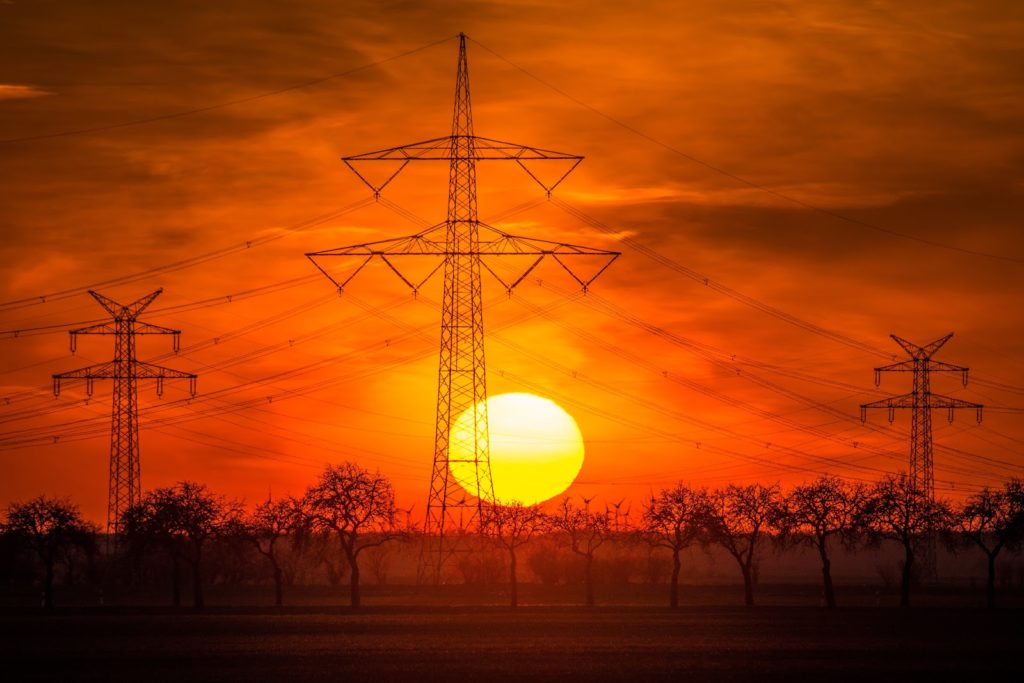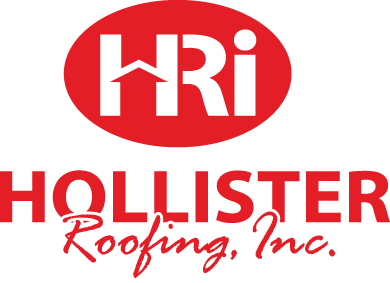Solar panels are becoming an increasingly popular energy option across the United States, and the world.
But despite their popularity, there are a lot of misconceptions and questions that arise when homeowners consider using solar panels themselves.
Questions like:
- Can your roof system support solar panels?
- Aren’t solar panels something only the wealthy can afford?
- Do solar panels even consistently work to provide you with the energy you need?
In today’s article, we will set the record straight and explain once and for all why we think the majority of homeowners could benefit from a solar panel system.
What Is Solar Energy And How Does It Work?
Solar energy is the process of capturing energy from the sun and converting that energy into electricity.
Solar panels can be installed on your home to help generate some or even all of your home’s power.
The use of solar panels can lower your utility bills and make you less reliant on your electric company.
It also protects you from power outages and reduces your carbon footprint.
Who Can Benefit From A Solar Panel System?
If your current energy bill is over $75, you can expect to see a great return on your investment if you opt for a solar panel system.
If you think that you’re discounted from using solar panels due to the steep panel costs and installation fees, think again.
The price for a solar panel system has dropped more than 80% in the last decade, making these systems more affordable to middle-class homeowners than ever before.
While it may take anywhere from 7 years to 20 years for your panel system to pay for itself, there are many tax breaks and incentives that can significantly lower the cost of your system.
There are numerous government-subsidized “pay as you go” programs in existence so that you don’t have to fork over a lump sum of cash all at once in order to start living sustainably.
In some states the final cost for a solar panel system after these government breaks can be as little as $5,000, meaning your return on investment will happen that much sooner.
As an added bonus, most solar panels systems can operate at full capacity for up to 30 years.
And at the 30 years, the panels won’t stop working – their energy production will just decrease to less than their full capacity.
Even if you live somewhere rainy and gray like the Northwest, you can still benefit from a solar panel system.
In 2019, our high-efficiency solar panels have the ability to convert direct and indirect light into electricity. This means you will be powered up even on cloudy days.

The Case For Solar Panels
Environmental Benefits
Aside from the financial savings that solar panels can afford you over the years, there are also some other great reasons to switch to solar.
By using solar energy, you reduce your carbon footprint and help decrease our countries dependence on foreign oil.
According to Energy Sage “Solar energy creates clean, renewable power from the sun and benefits the environment. Alternatives to fossil fuels reduce carbon footprint at home and abroad, reducing greenhouse gases around the globe. Solar is known to have a favorable impact on the environment.
Most of the electricity generated in the U.S. comes from fossil fuels like coal and natural gas. Extracting and using fossil fuels is expensive and harmful to the environment. By contrast, solar energy is free and readily abundant – if we could capture all of the sun’s energy shining on the Earth for just one hour, we could power the entire world for one year!
By investing in solar energy, you can help reduce our reliance on fossil fuels in favor of one of the most abundant, consistent sources of energy we have available: our sun.”
Increased Home Value
Solar panels also actually increase the value of your home.
In fact, according to a U.S. Department of Housing and Urban Development (HUD) estimate, If you save $1,000 every year on energy, you could add about $20,000 to the overall value of your home.
Things To Consider Before You Install Solar Panels
While we think solar panels are a great option for most homeowners, it is important to take some things into consideration before you decide to take the leap and switch to solar.
Solar panels are best installed on composite or asphalt shingle, concrete tile or standing seam metal roofs.
If you have a different roofing material like:
- Wood shake
- Slate tile
- Clay/Mortar
- Composite metal
- Stone-coated steel
…solar panels are still an option for you, but it’s critical that you hire a solar professional with experience on these roof types to handle your installation.
It’s also important to only install a solar panel system on roofs that are in good condition.
If you think your roof may need replacing in the near future, it would be wise to update it before your system is installed so you don’t have to remove your panels and then replace your roof a few years down the road.
